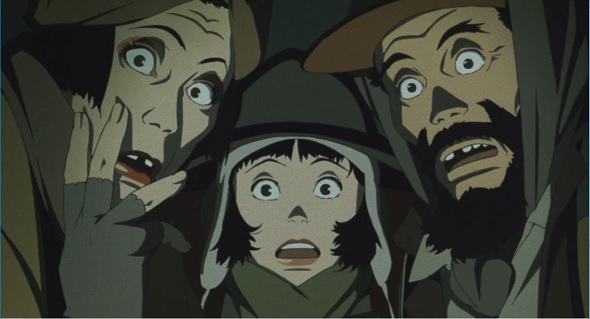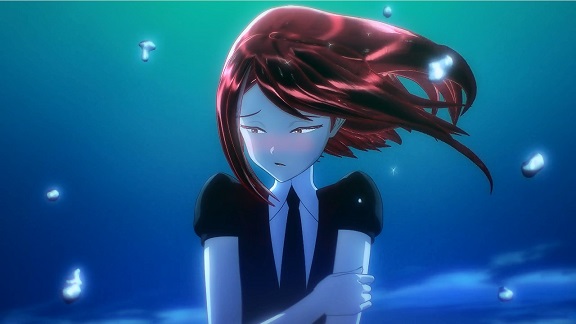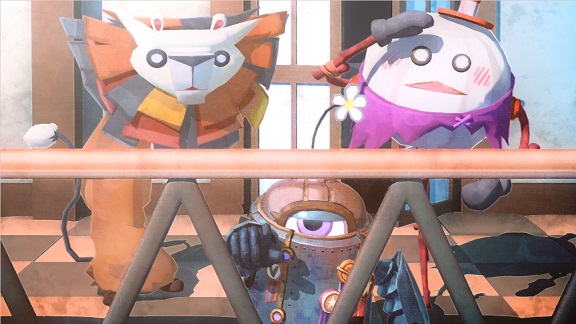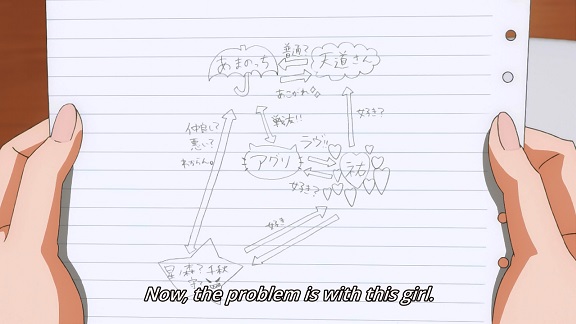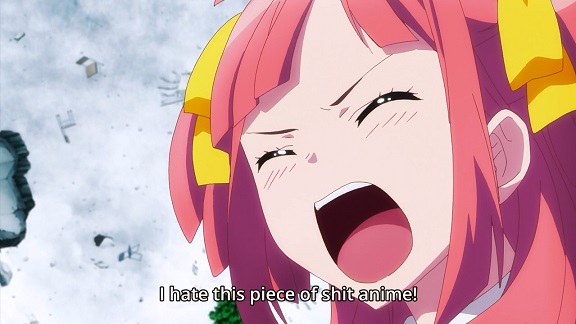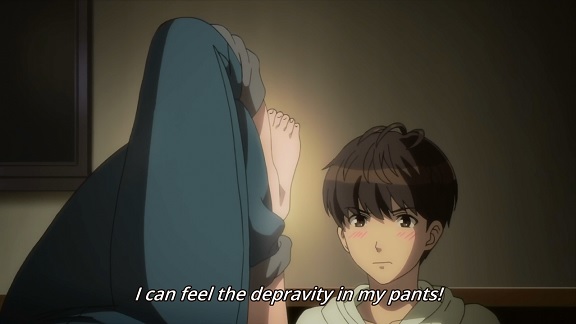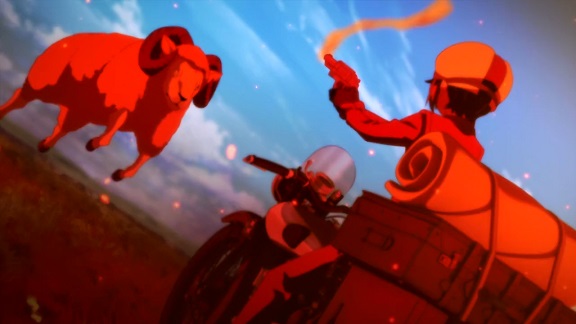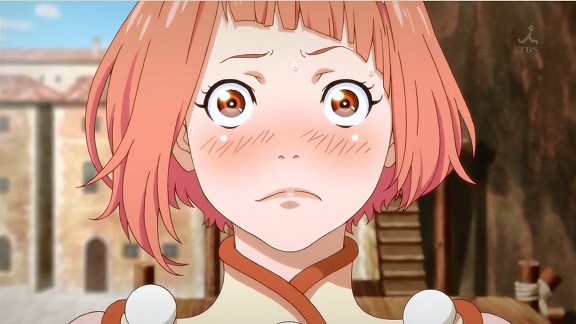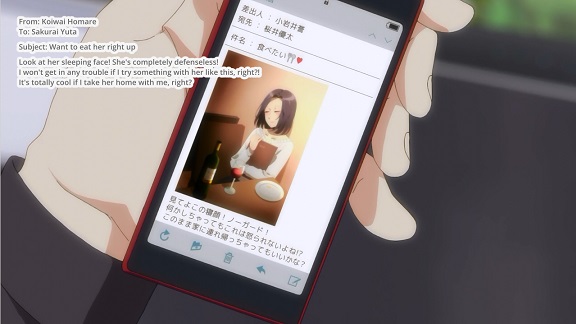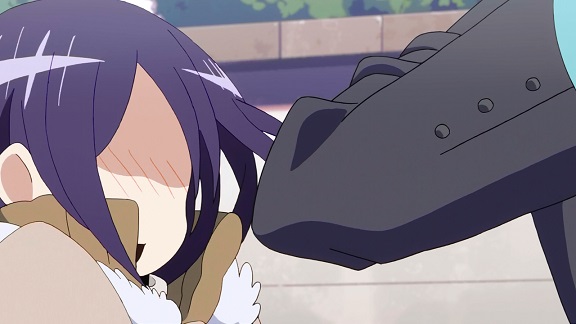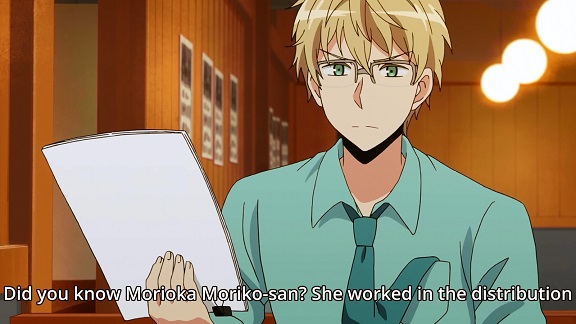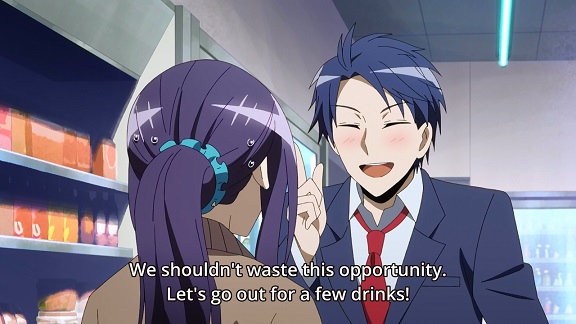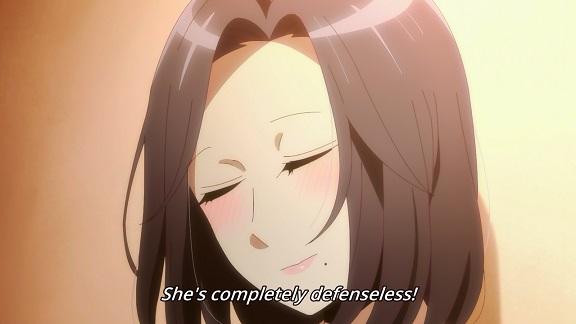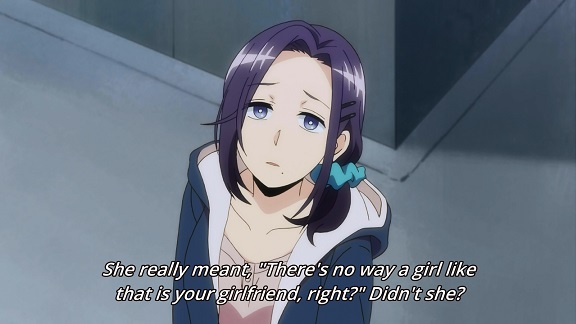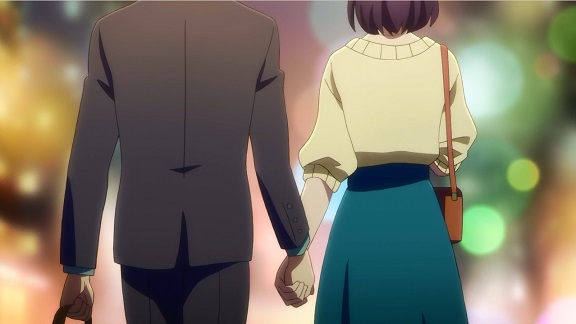The news that Netflix had picked up Neon Genesis Evangelion for streaming was greeted as good news by most people, but some were a little salty:
“Honestly, Netflix is willing to significantly overpay for something like [Evangelion] and outbid anybody by multiples, no matter what their ROI is,” Fukunaga tells Polygon, shortly after Netflix announced that it will distribute the mid-’90s classic. “I’m 100-percent sure that we’d have done a much better job brand-managing it and turning it back into what it was.”
You know for whom it’s an unalloyed good that it was Netflix, not Funimation who picked this up? Anybody living outside the States who now actually get to watch it. Also also, it’s not true the DVD has been unavailable for years: 17 euros gets you the entire series, though you’ll have to parlai Francais to read the subtitles. A bit of unconscious US bias coming out there in that article.
Those quibbles aside, as well as the fact, like B0bduh pointed out on Twitter, Evangelion doesn’t really need marketing under anime fans, Fukunaga has a point that Netflix will very likely not market it as well as his company would’ve done, but there’s a reason for this.
Netflix is fundamentally uninterested in catering to anime fans. Not even Anime Strike levels of uninterested in what anime fans want, completely uninterested. What Amazon wanted to do with Anime Strike was to create a premium channel for a niche audience to be able to charge them more for the favour, but they didn’t put enough time, money and attention in it for it to even have a chance to succeed and when they realised another episode of Not Actually Top Gear would be a better return on investment, they cancelled it. Netflix doesn’t want to serve niche audiences at all: they want to be television.

Not a particular channel, or station, they want you to use it the same way you used to watch television: zonk out and keep watching. And it doesn’t matter what you watch, as long as you keep watching. Sure, they have their prestige projects, but for the most part they’re just looking for any content they can shuffle at you to keep you watching. Which is why Netflix treats anime the same as any other tv series and dumps it all in one or two bunches for you to binge watch. And again, the way it’s presented, listed along all the other things the holy algorithm thinks you want to see, shows they don’t want you to consume it as anime, but as a Netflix show. For Netflix all of this is business as usual; that we see it as some huge threat is due to how small the anime watching audience still is in Europe & America. Netflix can afford to pay relatively huge sums for its series because it’s still so much cheaper than buying live action shows.
Which is annoying if you’re an anime nerd like me, having to wait weeks or months to get a series to show up so you can watch it legally (other not so legal options are available). Not to mention that the way we tend to watch and discuss anime, it takes an exceptional series to get some buzz going in the community — last one to manage that was Aggressive Retsuko, which actually came out in Japan in late 2016 and only got track here in 2018. Series, even good series get lost among the noise of seasonal watching and having a zillion new series coming out each time.
But really, that is a minor quibble. Because there’s one huge advantage to anime on Netflix, that nowhere else can do (or do as well): it gets non anime watchers to watch anime. There’s Aggressive Retsuko for example, which had a lot of ‘normies’ tweeting about it as well as anime nerds, because the humour and subject (work frustration) touched a nerve with people. There are series like Little Witch Academia or even Glitter Force, watched by kids along with the usual Disney or other kids shows. At least some of those kids will go on to become interested in anime as its own thing and if not, at least they got to watch some good shows.
Having Neon Genesis Evangelion show up on Netflix can only be a good thing therefore. It means it’s available both to the people who watched it back in the days but drifted away from anime and wouldn’t be caught dead at funimation.com and to a new audience, for who it’ll hopefully be a great new discovery sparking an interest in watching more of that stuff, just like it did some twenty plus years ago.
This is the first post in this year’s twelve days of anime challenge. Tomorrow: You would call She-Ra your waifu if she’d been in an anime
